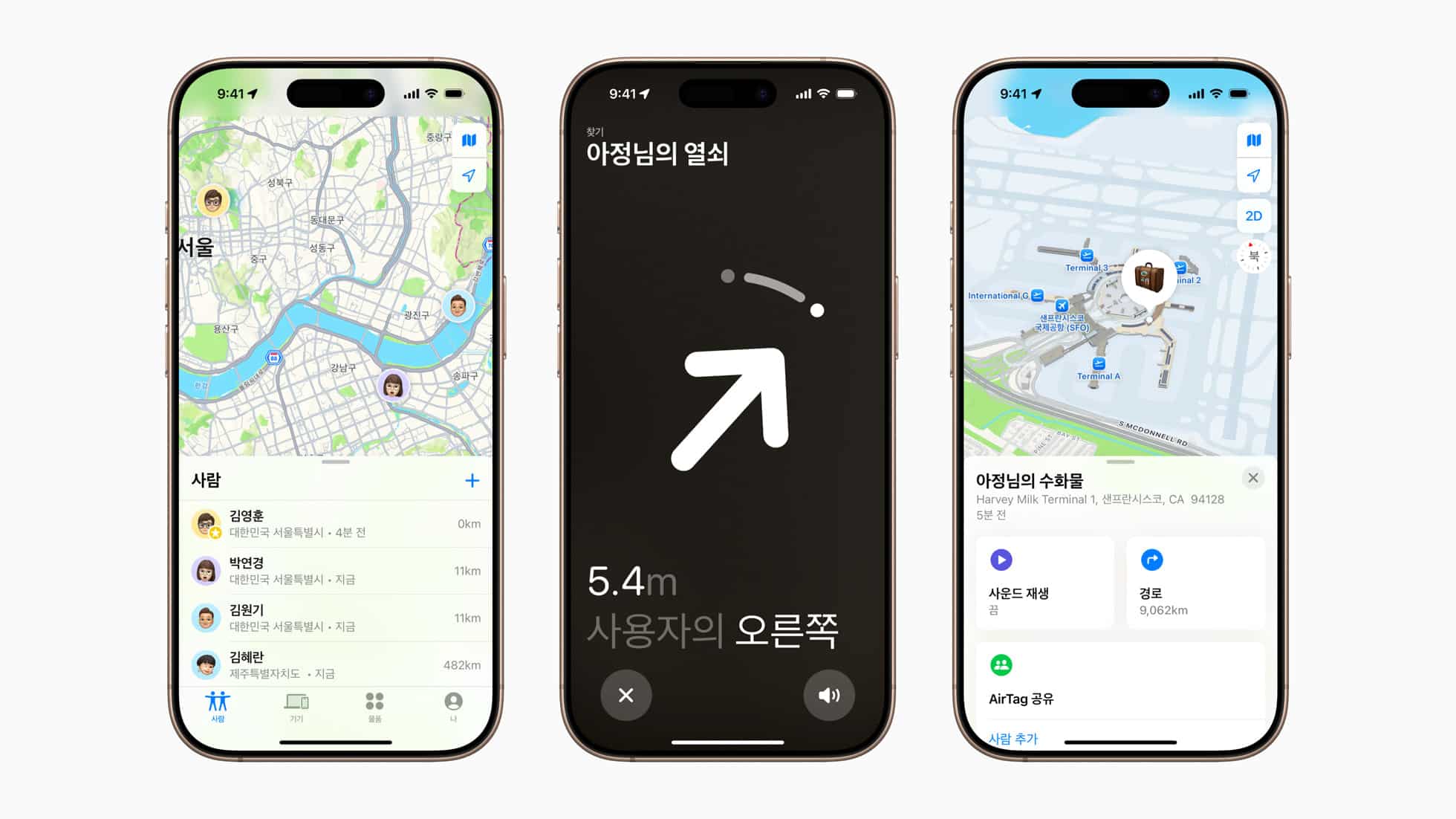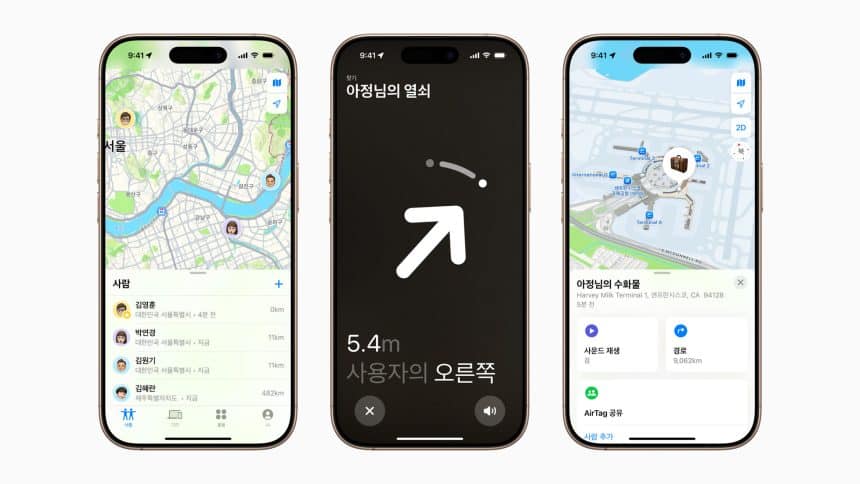After years of waiting, Apple has officially launched its ‘Find My’ feature in South Korea. The update follows a wave of public demand and coincides with the full release of iOS 18.4, which had earlier enabled the feature during its beta testing phase.
Until now, South Korea was one of the few countries where users could not access ‘Find My’—a vital tool used to locate lost Apple devices and accessories. The delay was reportedly linked to local laws around data privacy, though Apple never officially confirmed the reason for the service gap.

A Response to Public Demand
Apple first announced plans to introduce the feature in South Korea in September 2024. Public pressure mounted over the years, especially after the global success of AirTags. These tiny tracking devices allowed users to locate everything from bags to pets, making ‘Find My’ even more indispensable.
With the launch, Apple Senior Director David Dorn said, “Find My is an important tool that helps users stay connected with the things that matter most—from family and friends to personal belongings. We’re excited to finally bring this experience to Korea.”
A Global Staple Since 2010
Originally introduced as ‘Find My iPhone’ in 2010, the feature became part of Apple’s iCloud service in 2011. It evolved into ‘Find My’ in 2019 with iOS 13, allowing users to track multiple devices and even share locations with others. In 2021, its functionality expanded further with the introduction of AirTags.
In 2024, Apple doubled the tracking limit to 32 items per user—highlighting the platform’s growing importance in users’ daily lives.
Why It Matters
This move marks a major shift for South Korean users, who can now fully integrate their devices with Apple’s global ecosystem. The launch also reflects Apple’s commitment to meeting local expectations while navigating complex data laws.
With this update, Apple closes a major gap in its services and takes one step closer to delivering a consistent global user experience.












